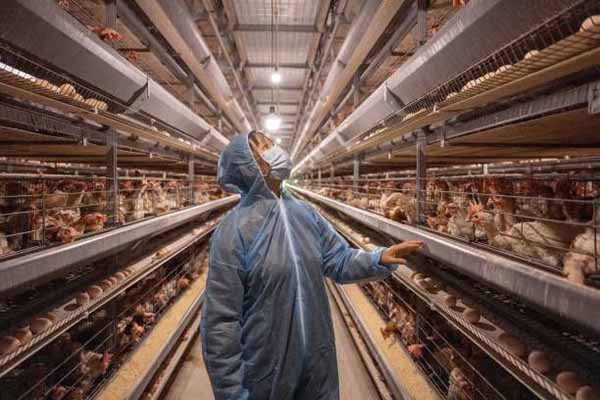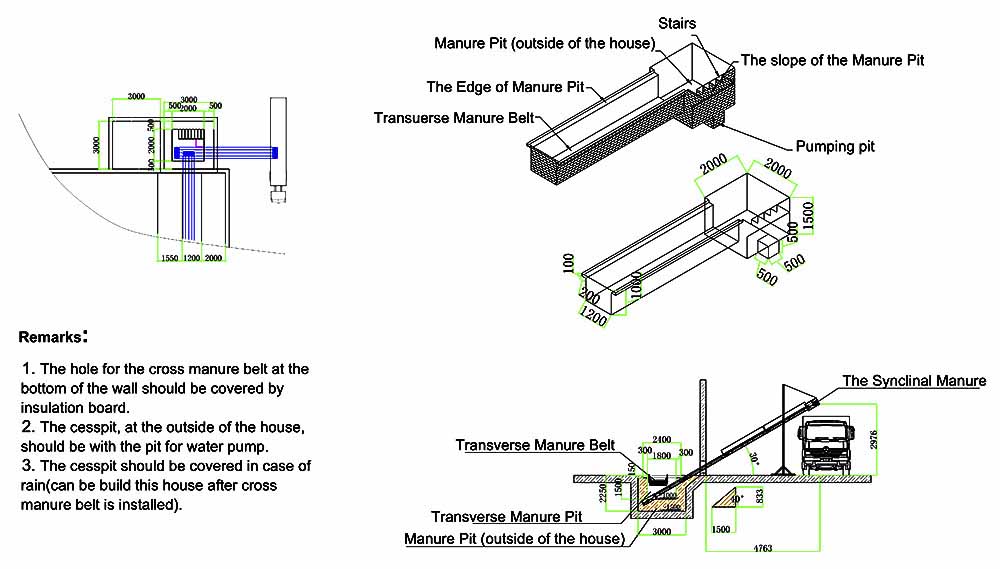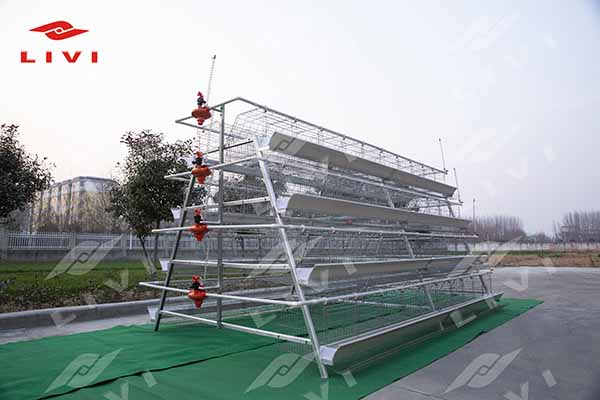Kenya Chicken Farming Equipment: Regular Inspection Items for Efficient Chicken Farming Operations
Time : 2025-06-24
Chicken farming is a vital industry in Kenya, providing a significant source of protein and employment. To ensure efficient and productive chicken farming operations, regular inspection of farming equipment is crucial. This article outlines the key inspection items for chicken farming equipment in Kenya, focusing on factors that contribute to optimal performance and health of the birds.
Introduction to Chicken Farming Equipment
Chicken farming equipment is designed to facilitate various aspects of chicken farming, from rearing chicks to harvesting eggs and meat. Some of the essential equipment includes brooders, feeders, waterers, drinkers, incubators, and nesting boxes. These tools aid in creating a conducive environment for chickens, ensuring their health, growth, and productivity.
Importance of Regular Equipment Inspection
Regular inspection of chicken farming equipment is vital for several reasons. Firstly, it helps identify potential issues before they become severe and disrupt the farming operation. Secondly, it ensures the equipment operates efficiently, reducing energy consumption and maintenance costs. Lastly, it contributes to the overall health and well-being of the chickens, as faulty equipment can lead to stress, injuries, and diseases.

Key Inspection Items for Chicken Farming Equipment
Brooders
Brooders are used to keep chicks warm and comfortable during the first few weeks of life. The following items should be inspected regularly:
- Heating elements: Ensure the heating elements are functioning correctly and not overheating.
- Temperature settings: Verify that the temperature settings are accurate and within the recommended range for chicks’ age.
- Waterers and feeders: Check for any leaks or malfunctions and make sure they are easy to clean and sanitize.
- Shading: Ensure that the brooder has adequate shading to protect chicks from direct sunlight and heat.
Feeders
Feeders are essential for providing chickens with a consistent supply of feed. Regular inspection should include:
- Material quality: Ensure the feeders are made of high-quality, durable materials that are resistant to rust, corrosion, and wear.
- Alignment: Check for any misalignment or looseness that may cause feed spillage or uneven distribution.
- Adjustment: Verify that the feeder is adjustable to accommodate different chicken sizes and feed requirements.
- Accessibility: Make sure the feeders are accessible to all birds, with no obstacles or barriers preventing them from reaching the food.
Waterers and Drinkers
Access to clean, fresh water is crucial for chickens’ health. The following points should be considered during inspections:
- Nozzles: Check for clogs or blockages in the nozzles, ensuring a steady water flow.
- Height: Ensure the waterers and drinkers are at an appropriate height for the birds to reach easily.
- Material: Verify that the equipment is made of food-grade materials and can be easily cleaned and sanitized.
- Positioning: Check that the waterers and drinkers are positioned away from feeders to prevent feed from getting wet and spoilage.
Incubators
Incubators are used to hatch eggs, and their proper functioning is crucial for successful hatching. Regular inspection should include:

- Temperature and humidity control: Ensure the incubator maintains the correct temperature and humidity levels throughout the hatching process.
- Internal surfaces: Check for any damage or wear on the incubator’s internal surfaces, which may affect egg incubation.
- Door seals: Verify that the door seals are intact and provide a tight seal to prevent temperature fluctuations.
- Ventilation: Inspect the ventilation system to ensure it is functioning correctly and providing adequate air exchange.
Nesting Boxes
Nesting boxes are designed to provide a safe and comfortable space for laying hens to lay eggs. The following items should be inspected:
- Material: Ensure the nesting boxes are made of high-quality, durable materials that are easy to clean and sanitize.
- Positioning: Verify that the boxes are positioned in a quiet, private location within the chicken coop.
- Size: Check that the nesting boxes are large enough to accommodate the birds comfortably and that there are enough boxes for all hens.
- Accessibility: Ensure the boxes are easy for hens to access and that there are no obstructions or barriers in the way.
Conclusion
Regular inspection of chicken farming equipment is essential for efficient and productive operations in Kenya. By ensuring the proper functioning and maintenance of essential equipment, farmers can create a healthier and more comfortable environment for their chickens, ultimately leading to better yields and profits. Implementing a routine equipment inspection schedule can help iden tify potential issues early on, saving time and resources while promoting the overall success of the chicken farming business.
tify potential issues early on, saving time and resources while promoting the overall success of the chicken farming business.











